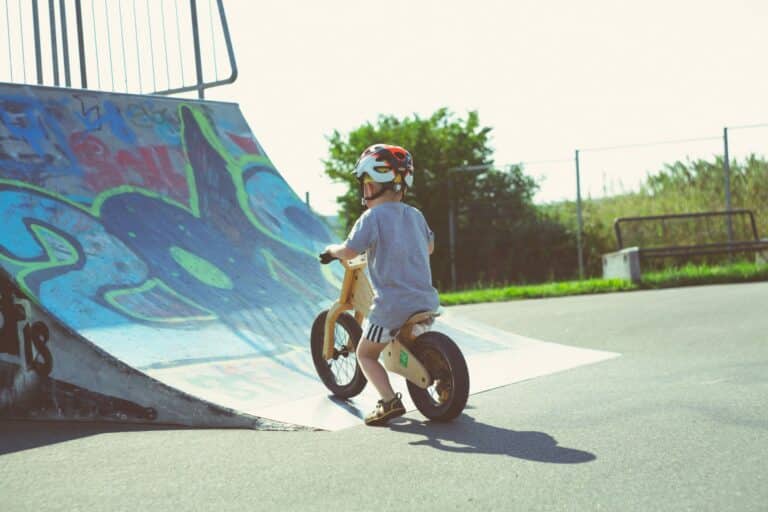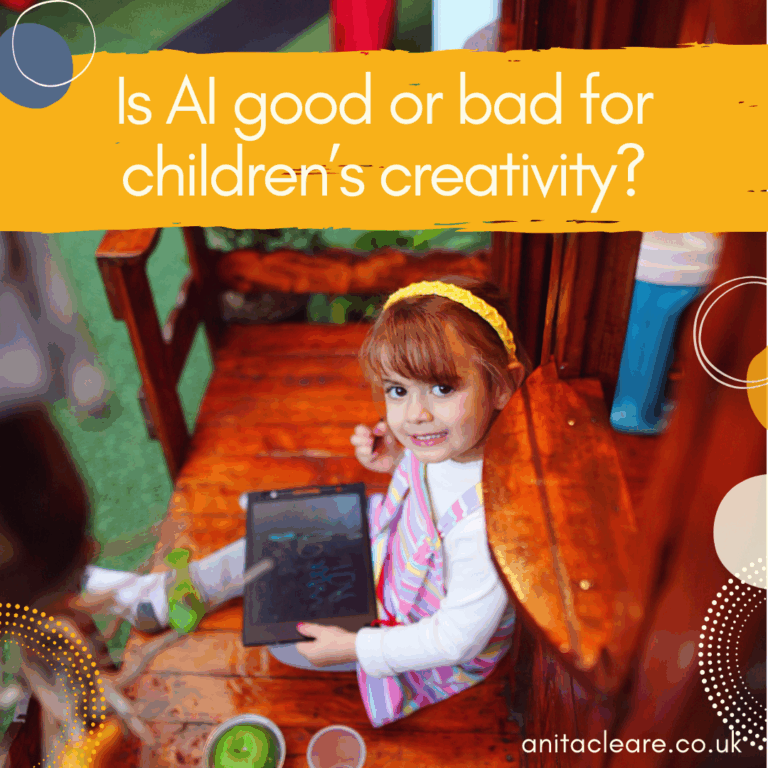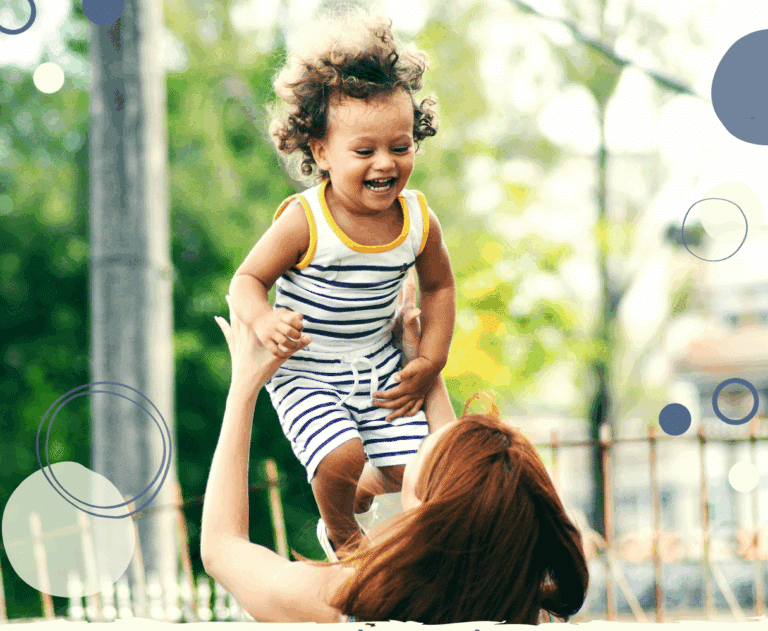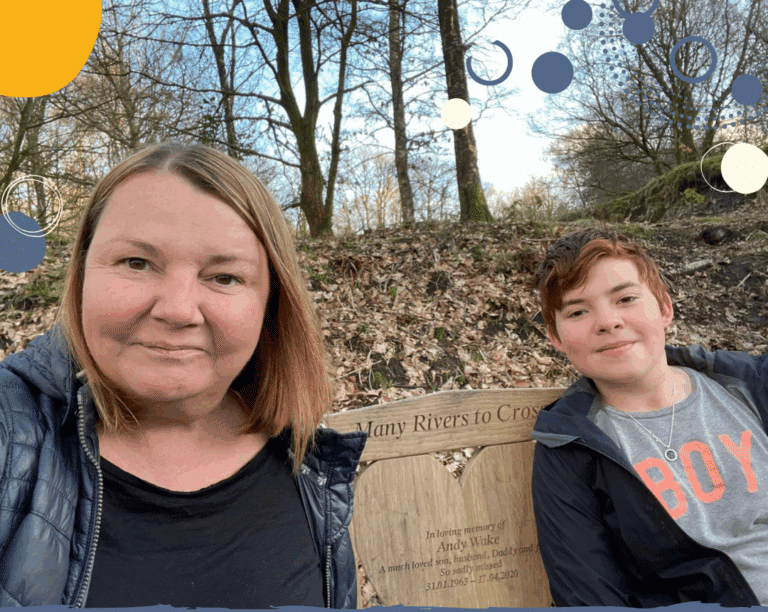Risk-averse parenting and the fear of being judged
Risk-averse parenting is the modern norm. Children now spend more of their time being supervised, more time inside the house, less time in independent free play. And they are not allowed outside unaccompanied until a much later age. When it comes to children, we live in an Age of Fear. Not being an always-hovering helicopter parent is now a frowned-upon exception.
It is no coincidence that this reduction in tolerance for risk has been accompanied by a more judgmental attitude towards what constitutes good parenting. The list of must-do’s for overstretched parents (who are somehow working more and parenting more) is getting longer and longer. It used to be said that it takes a community to raise a child. Now, it seems, it takes a community to niggle in every parent’s ear about how they should/shouldn’t be raising their child.
In the UK, children’s room to roam has shrunk considerably. Keeping children safe has morphed into keeping them always in sight. The amount of time children now spend indoors and in sedentary activities is damaging their health. And, given that taking manageable risks is a key component in developing resilience, there are concerns that this is also impacting on children’s mental and emotional well-being.
But is it real justifiable threats to children’s safety that are driving this risk-averse-parenting? Or a parental fear of being judged and of coming up lacking?
It wasn’t always like this
I won’t bore you with tales of my free-range childhood in the 1970s. How playgrounds had rusty nails and concrete floors. How I climbed trees all the way to the top (and fell out of them). That I cycled two miles to school and back along winding lanes at the age of ten without a helmet or lights. Or that we would catch the bus into town by ourselves when I was eleven to hang out at the shopping precinct with no mobile phones as back up. I know. Yardy-yarda-yarda. These were different times. And I’m not recommending any of these activities.
You could certainly make the case that I was lucky to escape my childhood unscathed. There were some very close shaves and a lot of bruises (and a fair few encounters with creepy people). But what is more remarkable is that I have never blamed my parents for being lax – I loved the freedom. And my parents certainly never worried that they were bad parents for not always keeping us within sight.
Nowadays we are much more judgmental. Every risk a parent chooses to allow seems to draw a tut. And everyone feels entitled to have their say about parents’ choices. Parenting has become a socially-assessed assignment with clear success criteria and rights and wrongs. You read to your child every night? Tick. Your child plays a musical instrument? Tick. Your child shines in sport (even if it’s just the occasional Player of the Match award in the third team)? Tick. Your child is allowed to play unsupervised in the woods with a friend and a pocket full of sweets? No, no, no, no, no.
Social media and parent shaming
Parents use social media as the means to affirm our parental competence. Look, there’s Johnny with his karate tournament medal. And Bindi with her school reading award. Social media is also where we shame each other when kids get it wrong (as kids do). It took me less than one minute to find this parent-shaming comment on a local Facebook group:
“I would just like to say a massive ‘thank you’ to the parents of these ****’s …. This is the state of the mess which they leave behind. Thank you for not bothering to check what they get up to, for not raising them to clear up litter…”
More often than not, it is this rush to judge that is driving risk-averse parenting rather than any increase in danger. Our internalised fear of being parent shamed fuels our constant worry about coming up short. We have become paranoid about failing at parenting. Of our kids doing something wrong or of anything happening to them that we might possibly have prevented. So we try to eliminate all risks. And in doing so, we instead risk warping our children out of shape and inhibiting their growth and independence.
“Risks seem to lie around every corner – antibiotic-resistant germs, bullying kids, unfair teachers, lurking paedophiles – so when we tuck our kids in to bed at night, free of cuts, bruises or emotional hurt, we have, for one more day, found tangible evidence of our parenting success. Maybe tomorrow I’ll let them walk to school, we tell ourselves, but today they got to school safely. Maybe tomorrow they will do their own homework, but today they are successful in maths” (Jess Lahey)
Risk-averse parenting inhibits growth
It’s time to stop approaching parenting as a project that can be got ‘right’. Projects, by their nature, are planned, organised, scheduled, benchmarked, managed and reported on. There is no space in that approach to parenting for children to be the people they are, to develop at their own pace, to make mistakes and work out how to manage for themselves. A risk-free childhood inhibits children’s individual growth.
“all those life risks that children need to develop into confident and capable human beings are being narrowed and narrowed.” (Professor Tanya Byron)
Society undoubtedly has a duty to protect children from harm. There are some parenting behaviours that are not ok, that are neglectful or abusive. But how did we get to a situation where a parent is shamed for allowing their 9-year-old to walk a few hundred metres down a safe street on their own? Or, indeed, where a Headteacher feels obliged to issue edicts on the age at which children should be allowed to walk to school unaccompanied.
Different parents will assess risks differently and make different decisions. And that’s ok. Because no two children are the same. And no two journeys to school are the same. One 9-year-old may be more than capable of walking their precise route to school safely, while another is not (see Balancing safety and independence in children’s lives).
Risk-averse parenting is more about protecting ourselves from fear and from censure rather than protecting children from harm. For our children’s sakes, it’s time to judge a little less and use our judgement a little more.







